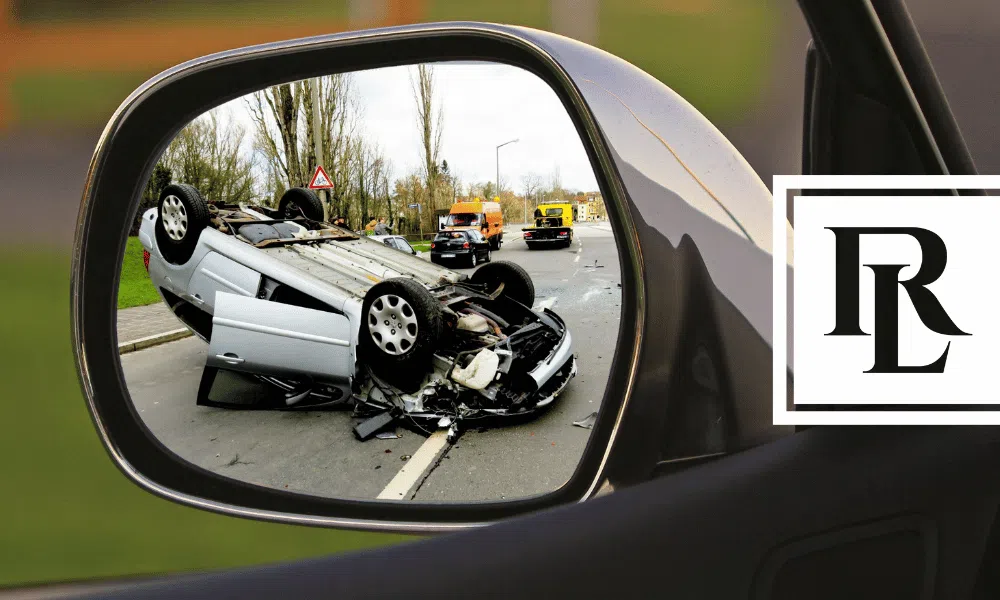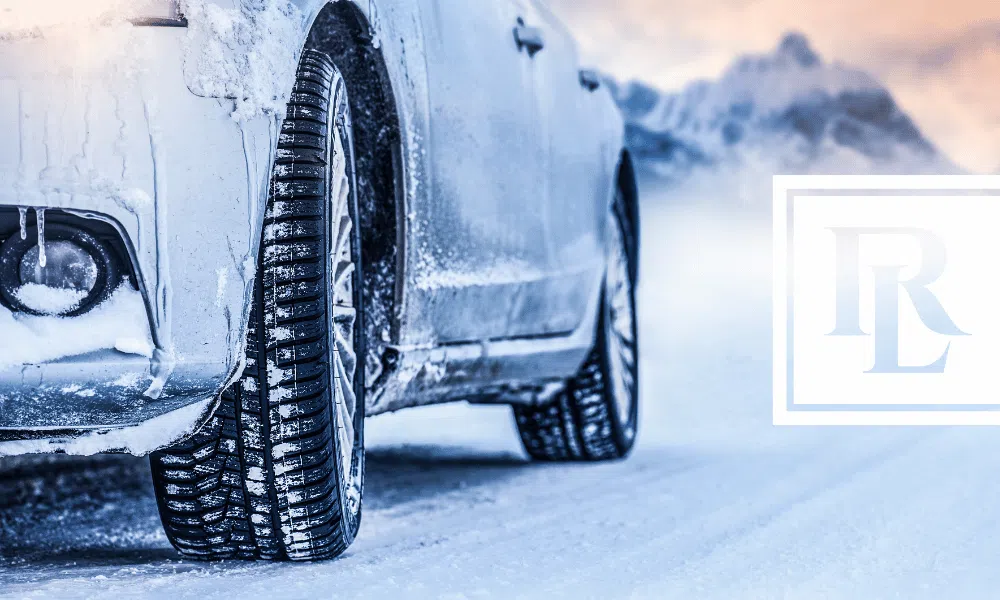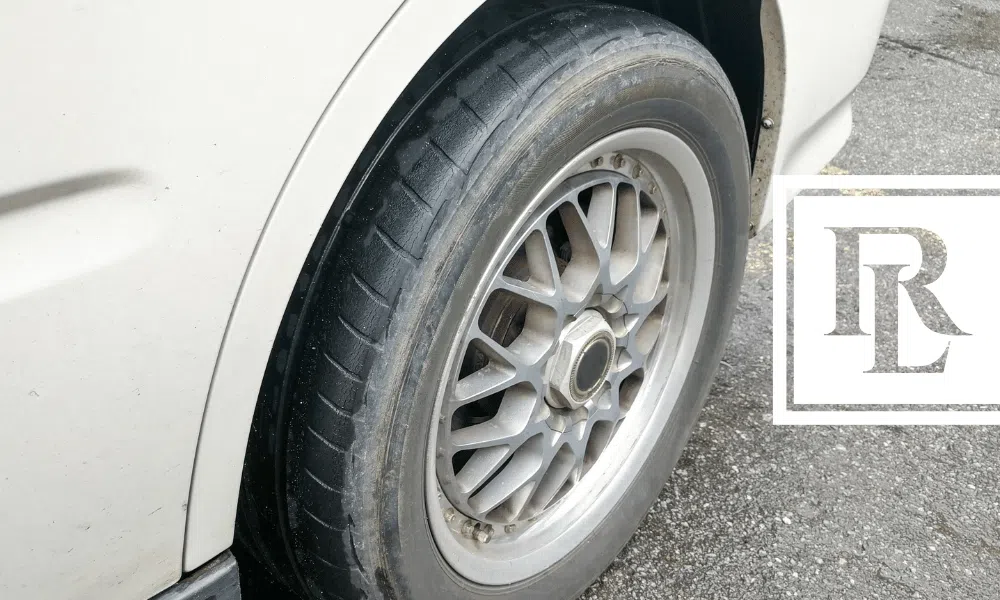Your health should be your priority. See a healthcare professional and follow their orders. During the case, do not discuss the accident with the at-fault party’s insurance company, as this could unintentionally help build their case against you. Hiring an experienced personal injury attorney will help you navigate the process.
- Dial 911 and report the accident. Let them know if there are any injuries and always request a rescue if you are injured.
- If you were injured by a hit-and-run driver, do not attempt to chase after them. Getting medical attention and reporting the accident are the most important things you can do in the moment.
- Never move your vehicle prior to the police arriving.
- If you are able to exit your vehicle, take pictures of the accident scene from a distance so that you can see all of the vehicles involved and all of the vehicles in one picture. Then take close-up pictures of each vehicle involved. Make sure to include the damage, license plate of the vehicle, and a picture of the driver.
- If there is a witness to the accident, ask them to wait for the police to arrive so they can give a statement. If they cannot wait, ask if you can take a picture of their identification and then include a picture of them holding their identification that you can read.
- Once the police arrive, make a statement as to how the accident occurred. Ensure that the police talk to the witness and takes their statement as well. If the witness left prior to the police arrival, show the police officer a picture of the witness and their identification, making sure that, on the police report, they are noted as a witness that had to leave before his arrival.
- If you are injured, never refuse medical treatment by rescue personnel. Be transported by rescue to the nearest hospital to get medical treatment.
If the police are unable to respond and you or the other driver need to leave, you have two options:
- You and the other driver can agree to follow each other and meet at the police department to make a report.
- If you are not going to meet at the police department to make a report, you should exchange the following information to include a copy of their license, motor vehicle registration, insurance card, a picture of their license plate, and a picture of the other driver. Remember, you should have documented photos of the scene of the accident and damages to vehicles as well.





